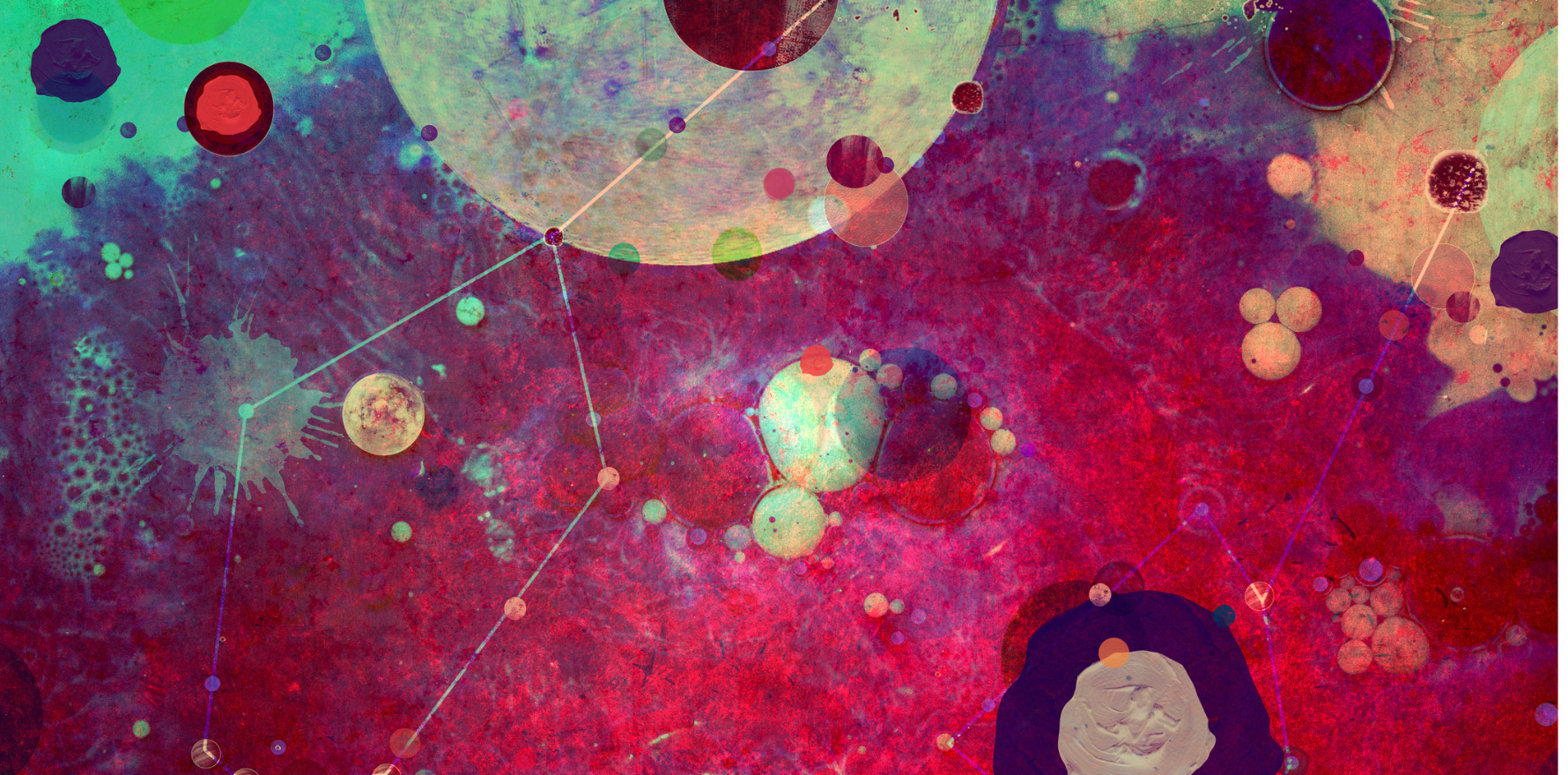An Australian trial is recruiting cancer patients to test for genetic susceptibility to fluoridimide-based treatment toxicity and add to real world, local evidence.
A blood test is being trialled that identifies Australian carriers of a genetic mutation which impairs the ability to metabolise fluoridimide-based chemotherapy.
The DPYD germline genetic variation, present in about 7% of Caucasians, greatly increases the risk of severe toxicity from the therapy generally used to treat colorectal, pancreatic, breast, head, and neck cancers.
The test is available commercially in Australia but has to be paid for by the patient in the majority of cases. Researchers are hoping to gather evidence that it is feasible to fund the test publicly here.
“That’s really what we’re hoping to change in equity, in terms of accessing that test,” said chief investigator Dr Hannah Wardill from the University of Adelaide’s School of Biomedicine and SAHMRI.
The trial, led by the University of Newcastle and involving the University of Adelaide and the South Australian Health and Medical Research Institute (SAHMRI), hopes to discover how common the mutation is in Australia and to identify additional genetic markers that will improve the test’s accuracy.
“Across Europe, DPYD testing is standard of care. And so there’s quite good evidence that has come out of Europe that shows you can easily identify the people that are at risk of severe toxicity, you can give them a lower dose of chemotherapy and the toxicity is much less severe. And the evidence at the moment seems to show that there is no adverse effect on the effectiveness of the chemotherapy as well, but they’re only starting to get the longer-term data,” said Dr Wardill.
An application was made to the Australia’s Medical Services Advisory Committee (MSAC) to publicly fund the test (at a cost of $188 per test to the government), estimating that between 16,000 and 66,000 cancer patients could be eligible per year.
Dr Wardill said more evidence was requested regarding the frequency of these variations in Australia, particularly given the diverse ethnicities represented in the population, and the feasibility, given the geographical differences between Australia and most European countries.
“They really weren’t confident that we could do it in a cost-effective manner in Australia,” she said.
“So that’s really what this grant is all about – demonstrating that it’s feasible, cost effective, and that we have a similar or meaningful number of people who have this variant in an Australian context.”
The GENESCREEN trial is hoping to recruit 5000 adults with a solid tumour who are scheduled to receive fluoropyridine (FP) and/or Irinotecan as part of either curative or palliative standard chemotherapy treatment and have never had this treatment before. Patients will need to have a blood sample taken and provide written informed consent. Participants can be located anywhere as long as their treatment centre, public or private, is willing to become a trial site.
“We’re trying to see whether we can implement this in a real-world environment, so we are being quite pragmatic in terms of how we’re running the trial. We don’t want too many strict eligibility criteria because ultimately, we want this test to be for everybody who would be theoretically receiving the type of chemotherapy that would be impacted by this genetic mutation. We’re hoping that this will eventually be standard of practice,” said Dr Wardill.
The cost-benefit ration of using pharmacogenetics for personalised medicine was “clearly in favour of testing,” with the cost of the test easily offset by avoiding hospitalisation and treatment of those in whom toxicity could have been prevented, she said.
While the European data had identified that 6-8% of Caucasians were likely to have the mutation, the Australian population was more diverse than that of most European countries, and there was little known about incidence in Asian populations, and nothing about Indigenous people, Dr Wardill said.
She explained that the study was employing various strategies to encourage participation from minority groups and ensure it was as inclusive as possible.
“One really simple thing that we’re adopting is using an e-consent method for our study. So this involves a short video, rather than a lengthy consent form that is typically written. And what we’re able to do is to have that captioned with different languages, starting with the most common languages in Australia,” she said.
“We’re also working with an Indigenous group in Newcastle, NSW, who will be helping us adapt our protocol to make sure it’s culturally sensitive. That requires extra layers of ethical approval and some finessing of the protocol around storage of biospecimens.
Independent of the presence of the genetic variant, oncologists do opt to give some patients a lower dose.
“This might be if someone is a little bit more frail, or if they have some indicators of liver toxicity or the liver dysfunction at the start of therapy,” said Dr Wardill.
“But if someone is well enough, robust enough to handle a full dose, that will achieve a better depth of response,” said Dr Wardill.
And that was another way the test was of benefit, she added: “We’ll also identify the people that we’re going to be confident in giving the full dose as well, which is a really important thing that we shouldn’t forget.”
Oncologists whose patients are interested in participating in the trial can contact Dr Wardill (hannah.wardill@adelaide.edu.au) at the University of Adelaide or Professor Stephen Ackland at the University of Newcastle (stephen.ackland@newcastle.edu.au).


